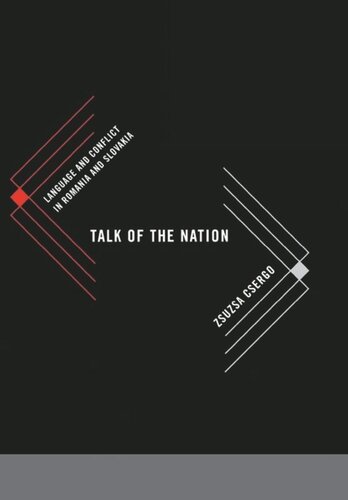

Most ebook files are in PDF format, so you can easily read them using various software such as Foxit Reader or directly on the Google Chrome browser.
Some ebook files are released by publishers in other formats such as .awz, .mobi, .epub, .fb2, etc. You may need to install specific software to read these formats on mobile/PC, such as Calibre.
Please read the tutorial at this link: https://ebookbell.com/faq
We offer FREE conversion to the popular formats you request; however, this may take some time. Therefore, right after payment, please email us, and we will try to provide the service as quickly as possible.
For some exceptional file formats or broken links (if any), please refrain from opening any disputes. Instead, email us first, and we will try to assist within a maximum of 6 hours.
EbookBell Team

4.3
98 reviewsHow can democratization, coupled with transnational integration, resolve conflicts over cultural difference in places that are marked by legacies of nationalist competition? This book explores that question through a comparative study of contestations over language use in the heart of the post-Communist region. Zsuzsa Csergo notes that newly independent governments looked to "rejoin" the West, in particular the European Union, while at the same time asserting control over the institutions they considered key to the reproduction of national cultures. These national projects resulted in renewed salience for minority language rights and a complicated politics triggering EU concerns about the treatment of regional/cultural minorities. Csergo's field research in Romania, Hungary, and Slovakia leads her to make a bold claim about the primacy of domestic politics in the construction of democratic solutions to the conundrum of nation building and minority rights.Talk of the Nation breaks new ground by focusing on both majority and minority political elites and parties in interethnic relations. Csergo challenges arguments about the overwhelming importance of international influence. Her book demonstrates that the role of domestic political actors in interethnic reconciliation is not merely that of "compliance" with international requirements or "effectiveness" in responding to external pressure—they are largely guided by the internal democratic process.